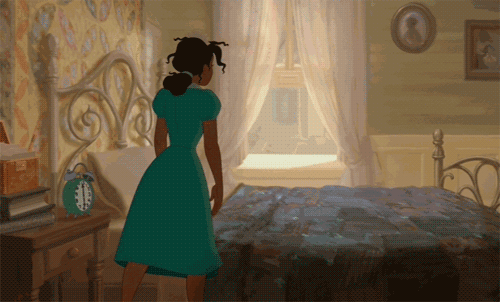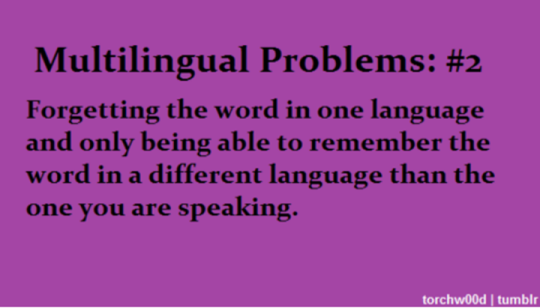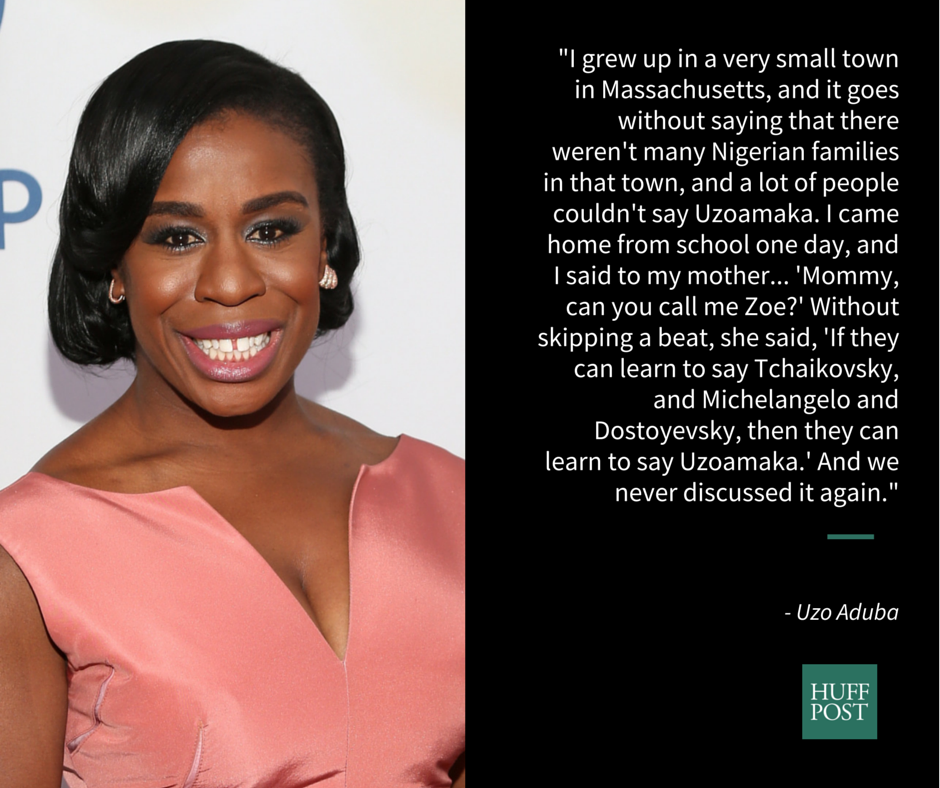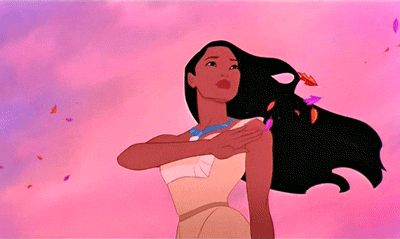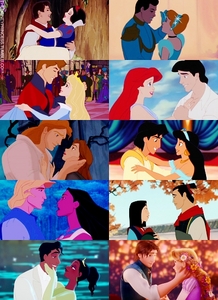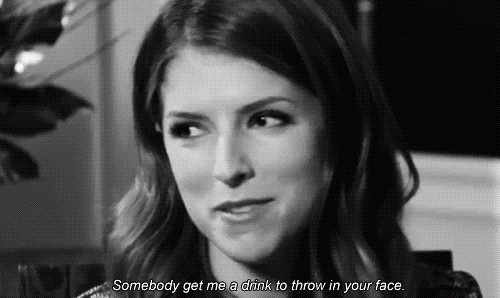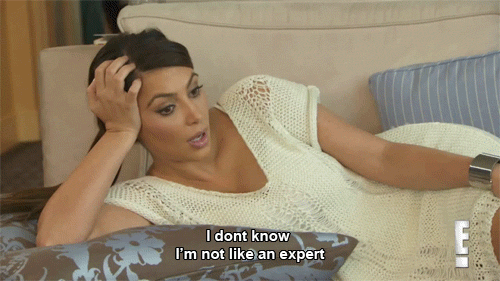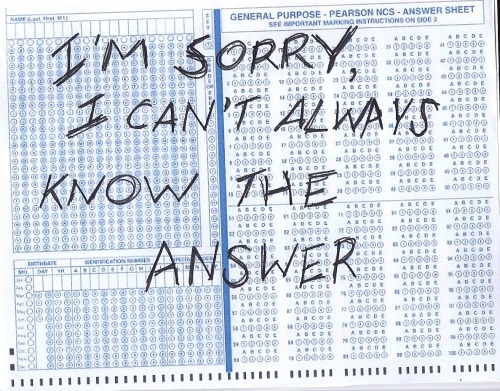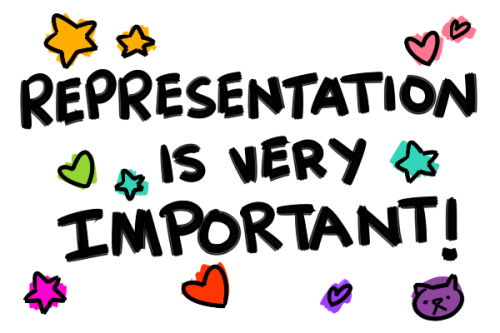A true feminist is someone who embraces all women.
A feminist accepts and welcomes masculine women, feminine women, strong women, weak women, happy women, passionate women, small women, large women, straight women, LGBT+ women, black women, white women, American women, African women, Jewish women, Muslim women, celibate women, sexual women, sexually repulsed women, military women, artistic women, athletic women, beautiful women, smart women, disabled women, conservative women, young women, old women, trans-women, cis-women.
Feminists embrace all kinds of women because they embrace all kinds of womanhood.
There is no wrong way to be a feminist, except to believe that there can only be one kind of woman.
"At some point, I got it into my head that a feminist was a certain kind of woman." Women are as varied, different, complicated, and difficult as any man. But for some reason, women are expected to be one way and one way only. In conservative society, there is the belief that women need to be quiet, obedient, submissive, patient, and motherly. In radical feminism, people believe that feminists need to be man haters, angry, unattractive, and loud.
That's simply not the truth.
Feminism, to put it simply, is to fight for the equality that women lack.
That's it. It is so hard to explain feminism, but women lack the social, political, and economic power that men have. That is a fact.
Feminism is not about having one type of perfect woman. It's not about not caring for feminine things.
It's about the realization that women are more than whether or not they want to be a mother, or if they have sex, or if they dress a certain way. Feminism is about women protecting other women. Feminism is about addressing privileges that white women have over women of color and looking for solutions to fix that. Feminism is about a women being able to wear a bikini or a hijab, and not facing harassment.
Feminism is not looking past the female label and pretending it doesn't exist. Feminism is embracing that label, and also about embracing the fact that women are as varied, different, and complicated as any human being on this planet.
When we embrace the fact that there is no wrong way to be a woman, we will be able to take a monumental step. There is no wrong way to be a woman, because women define themselves-things like sexuality, religion, or love of makeup do not.
Women are forced into stereotypes from the minute they are born. They have to be beautiful, thin, and quiet to be the perfect woman, yet they must also be loud, sporty, and curvy at the same time. It's not just one set of stereotypes women must fulfill, they must fulfill another! Women are expected to be thin, beautiful, dainty, girly, athletic, smart, have a career, be a mother, and take care of everyone without one thought to themselves: "My success, such as it is, is supposed to be enough if I'm a good feminist."
Women are made fun of if they are either a more "masculine", outgoing person, a more "feminine," quiet person, neither, or a mix of both. (Girls are made fun of for being weak, which is crazy because that's what society tells them they have to be! And if they are not weak or delicate, they're made fun of for being strong!)
"'I'd been the one telling young women at my lectures that you can have it all and do it all, regardless'..." Women are expected to give all they have to get nothing in return. They can have it all-a career, a husband, a child-but they're not allowed to want it all. They can't want a child AND a husband; but at the same time, if a woman does not have both, she is looked down upon.
Why are women forced to live up to such difficult, unachievable standards? Why do women have to live one type of womanhood, career vs. mother, smart and unattractive vs dumb and beautiful, quiet and patient vs loud and emotional?
Feminism questions why society tells women they have to live like that-miserable, stressed, and trying to be perfect. Feminism faces the hard questions. Feminism is making people realize that things kind of suck for women all over the world, and that that's not fair.
There are problems within the movement, not doubt. But with feminism I have seen girls supporting girls; girls reaching new opportunities; girls fighting privilege; girls speaking out against racism, homophobia, transphobia, ableism, and classism.
Without feminism, I would not be watching a community forming up from the half of the world that has been routinely and repeatedly silenced, finally embracing and loving who they are.






